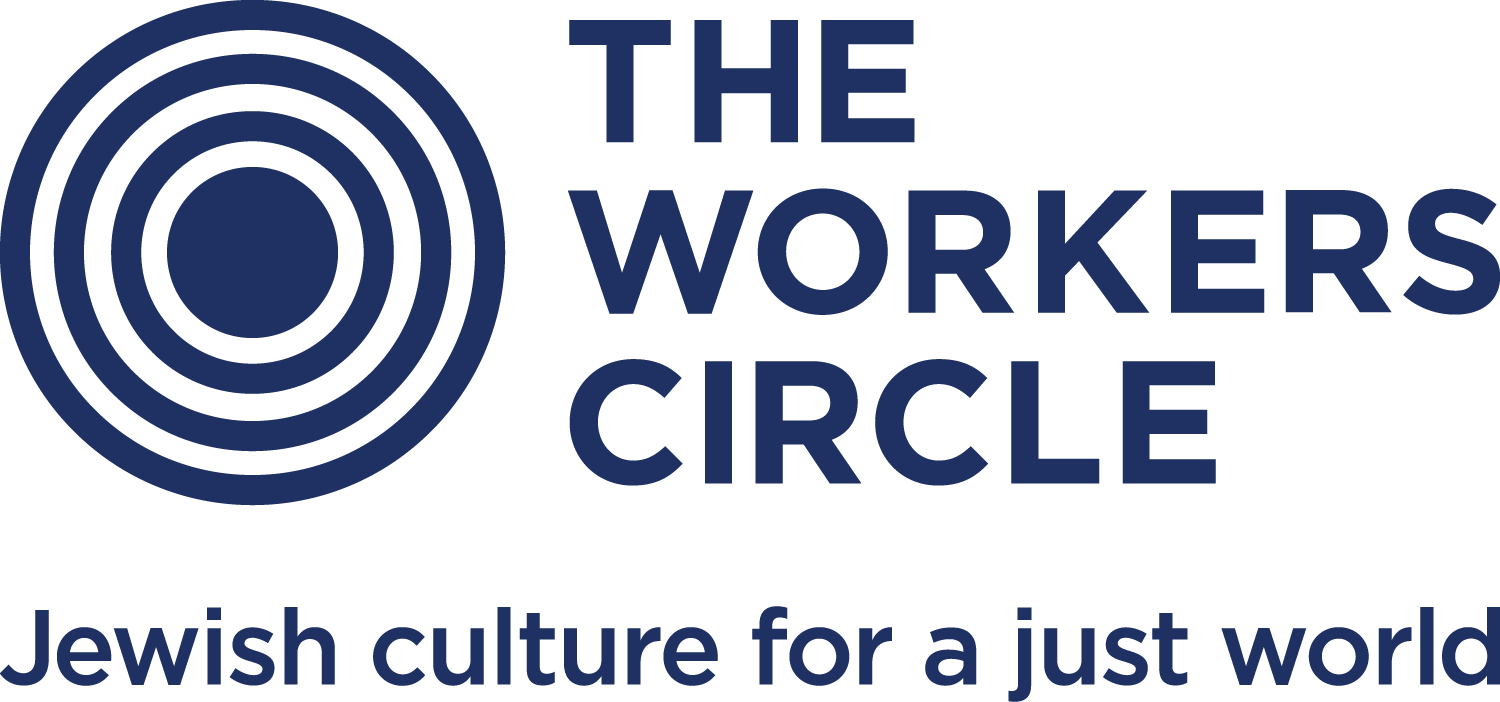Advanced Yiddish with Sheva Zucker: Parshe [Parashah] Poetry
Sundays 10:30 am — 12:00 pm: Oct. 13, 20, 27 Nov. 3, 10, 17, 24 Dec. 8, 15, 22
Course Goals: To acquaint students with both the Khumesh (Five Books of Moses) and Modern Yiddish poetry. Even though Modern Yiddish poetry is generally thought of as created by heretics, atheists and agnostics, the Khumesh remains a powerful force in their writings. In this course we will read parts of the weekly parshe (Toyre portion) in Yehoash’s Yiddish translation accompanied by several Yiddish poems that were either inspired by the parshe or just happen to shed new light on it. Sometimes it was the poet’s intent to create a medresh, an interpretation, on the Toyre portion, at other times, the parshe will illuminate the poem. Poems will be drawn from the work of poets such as Yankev Glatshteyn, Malke Heifetz-Tussman, Rokhl Korn, Itsik Manger, Kadye Molodowsky, Avrom Sutzkever, Reyzl Zhikhlinski and others. The texts will be provided by the instructor.
Course Tools: The weekly parshe in Yehoash’s Yiddish translation; poems by Yiddish writers.
Additional Information: The course can be enjoyed by both believers and apikorsim. It is appropriate for those able to read Yiddish literary works in the original. In some cases English translations will be provided but the course will be conducted entirely in Yiddish.
Sundays 10:30 am — 12:00 pm: Oct. 13, 20, 27 Nov. 3, 10, 17, 24 Dec. 8, 15, 22
Course Goals: To acquaint students with both the Khumesh (Five Books of Moses) and Modern Yiddish poetry. Even though Modern Yiddish poetry is generally thought of as created by heretics, atheists and agnostics, the Khumesh remains a powerful force in their writings. In this course we will read parts of the weekly parshe (Toyre portion) in Yehoash’s Yiddish translation accompanied by several Yiddish poems that were either inspired by the parshe or just happen to shed new light on it. Sometimes it was the poet’s intent to create a medresh, an interpretation, on the Toyre portion, at other times, the parshe will illuminate the poem. Poems will be drawn from the work of poets such as Yankev Glatshteyn, Malke Heifetz-Tussman, Rokhl Korn, Itsik Manger, Kadye Molodowsky, Avrom Sutzkever, Reyzl Zhikhlinski and others. The texts will be provided by the instructor.
Course Tools: The weekly parshe in Yehoash’s Yiddish translation; poems by Yiddish writers.
Additional Information: The course can be enjoyed by both believers and apikorsim. It is appropriate for those able to read Yiddish literary works in the original. In some cases English translations will be provided but the course will be conducted entirely in Yiddish.
Sundays 10:30 am — 12:00 pm: Oct. 13, 20, 27 Nov. 3, 10, 17, 24 Dec. 8, 15, 22
Course Goals: To acquaint students with both the Khumesh (Five Books of Moses) and Modern Yiddish poetry. Even though Modern Yiddish poetry is generally thought of as created by heretics, atheists and agnostics, the Khumesh remains a powerful force in their writings. In this course we will read parts of the weekly parshe (Toyre portion) in Yehoash’s Yiddish translation accompanied by several Yiddish poems that were either inspired by the parshe or just happen to shed new light on it. Sometimes it was the poet’s intent to create a medresh, an interpretation, on the Toyre portion, at other times, the parshe will illuminate the poem. Poems will be drawn from the work of poets such as Yankev Glatshteyn, Malke Heifetz-Tussman, Rokhl Korn, Itsik Manger, Kadye Molodowsky, Avrom Sutzkever, Reyzl Zhikhlinski and others. The texts will be provided by the instructor.
Course Tools: The weekly parshe in Yehoash’s Yiddish translation; poems by Yiddish writers.
Additional Information: The course can be enjoyed by both believers and apikorsim. It is appropriate for those able to read Yiddish literary works in the original. In some cases English translations will be provided but the course will be conducted entirely in Yiddish.


